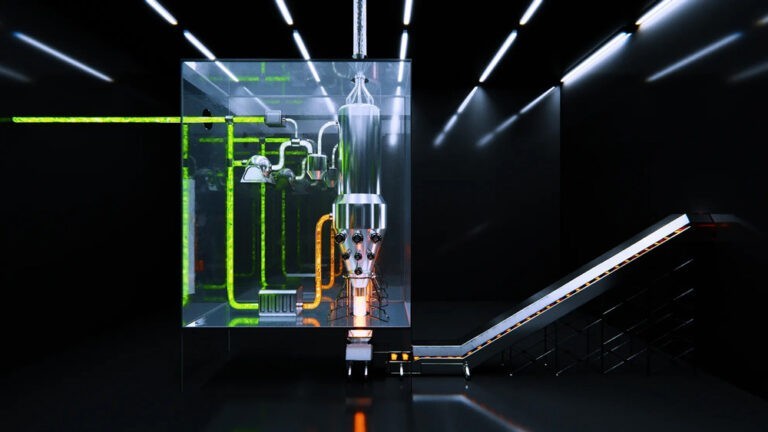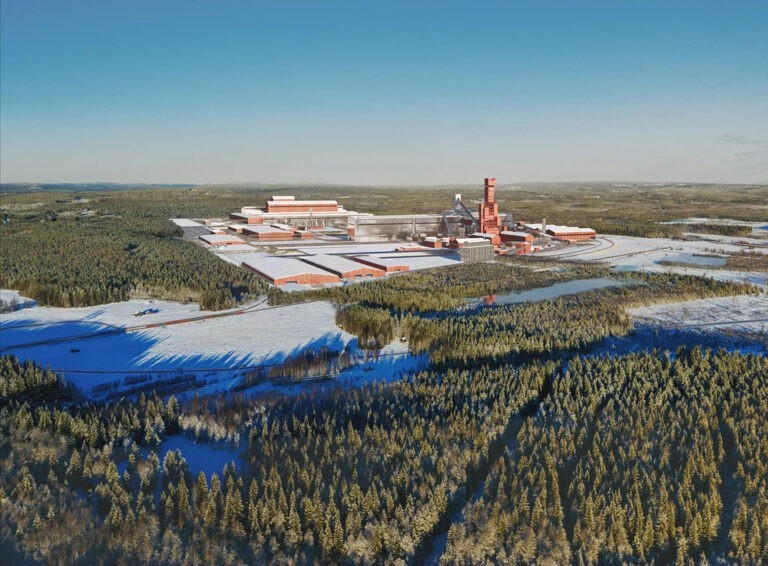Reimagining materials: Transforming plastic, steel, and cocoa for a sustainable future
BPI’s investment thesis and portfolio for the innovative materials vertical
At Burda Principal Investments, we are committed to investing in ideas that create a better future – with sustainable material innovation at the core of our mission. The essential materials we rely on daily, whether plastics, metals, or even food ingredients, serve as the foundation of countless industries. Yet, the conventional methods of producing these materials come at a significant cost to our planet, contributing heavily to climate change, resource depletion, and environmental degradation.
Our approach to investing in this space is based on a straightforward yet impactful concept – innovation doesn’t always require the invention of entirely new materials. Instead, we need to focus on transforming production methods of the materials we already know and rely on, ensuring they meet the same specifications while being produced sustainably. This approach allows for seamless integration into existing supply chains and applications, minimising the costs and disruptions typically associated with introducing new alternatives.
For us at Burda Principal Investments, this is not just a matter of sustainability – it’s smart business. Industries and consumers increasingly demand solutions that lower their environmental footprint without compromising quality or performance. By supporting startups that align with this vision, we are helping build a world where innovation drives profitability, scalability, and sustainability in equal measure.
Our portfolio includes three standout companies leading this charge: Stegra, Uluu, and Planet A Foods. Each redefines a critical material – steel, plastic, and chocolate – aligning the principle of transforming production methods, not the product itself.
Green steel: Stegra’s revolution in the metals industry
Steel accounts for approximately 8% of global CO₂ emissions. Stegra, formerly H2 Green Steel, is on a mission to decarbonise this critical industry. Instead of using coal, the company employs green hydrogen to reduce iron ore in Boden, Northern Sweden, a region abundant in renewable energy.
What makes Stegra’s innovation particularly compelling is its compatibility with traditional steel specifications. From automakers to construction companies, clients receive the same high-quality steel they rely on – just greener. This allows industries to seamlessly adopt a more sustainable material without compromising on reliability and performance standards, demonstrating that sustainability and profitability can go hand in hand.
As Stegra scales its first project, supported by €6.5 billion in funding, the path toward a more sustainable metals industry becomes increasingly clear.


Plastic without the pollution: Uluu’s seaweed-based solution
Plastic is omnipresent, but its environmental footprint is staggering – 80% of all plastic ever produced still exists on earth today. Only about 9% of plastic has been recycled to date, while the remainder has been incinerated. Addressing this challenge, the Australian company Uluu is producing PHA bioplastics derived from seaweed. Unlike conventional plastics, Uluu’s materials are biodegradable, compostable, and have the same properties as petrochemical-based plastics.
Seaweed’s carbon-negative properties amplify Uluu’s impact. As a marine crop, seaweed absorbs carbon dioxide, cleanses nutrient-polluted waters, and grows without competing for arable land or fresh water. Just 0.1% of the ocean’s surface could provide enough seaweed to replace the fossil fuels used in plastic production today.
Uluu’s products, from packaging to textiles, integrate seamlessly into existing manufacturing processes. By replacing fossil fuel–derived plastic at scale, Uluu is charting a sustainable future for polymers.


Cocoa-free chocolate: Planet A Foods’ answer to climate and supply chain crises
Chocolate’s primary ingredient cocoa is facing growing challenges. Climate change, child labour, and volatile supply chains threaten the sustainability of this beloved commodity. Planet A Foods provides a transformative alternative: chocolate made from fermented sunflower seeds.
Planet A Foods builds on the mission to make sustainable food ingredients the standard – starting with chocolate. The team has recreated the complex flavours and textures of chocolate by mimicking traditional cocoa-processing techniques. The result is a sustainable, reliable, and scalable solution for confectioners and food producers.
Planet A Foods’ B2B business model allows them to work directly with food manufacturers, helping the industry reduce its carbon footprint while ensuring a dependable ingredient supply. With chocolate prices soaring and climate impacts worsening, Planet A Foods has become more than an ESG solution – it’s a lifeline for many in the food industry.



